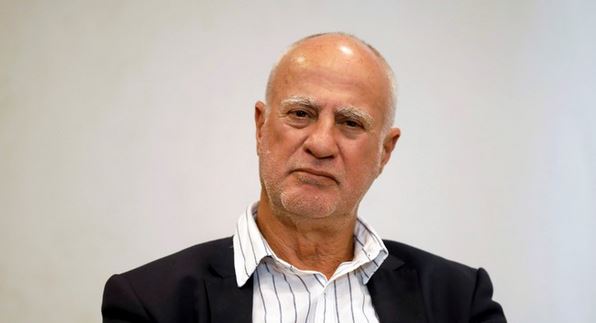×
The Standard e-Paper
Smart Minds Choose Us

The appointment of Michael Joseph as the chairman of Safaricom dominated news channels for the better part of Thursday.
Michael Joseph, the founding Chief Executive Officer of Safaricom replaced Nicholas Ng'ang'a after over 10 years’ at the helm of Safaricom Board.